#web writing
Text
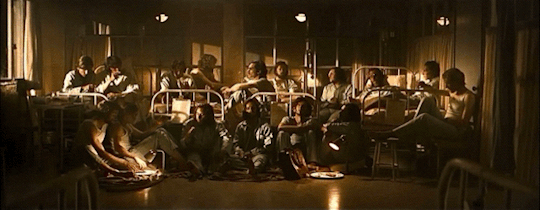

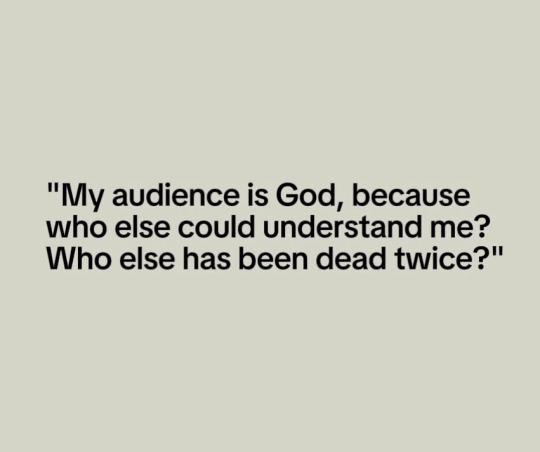




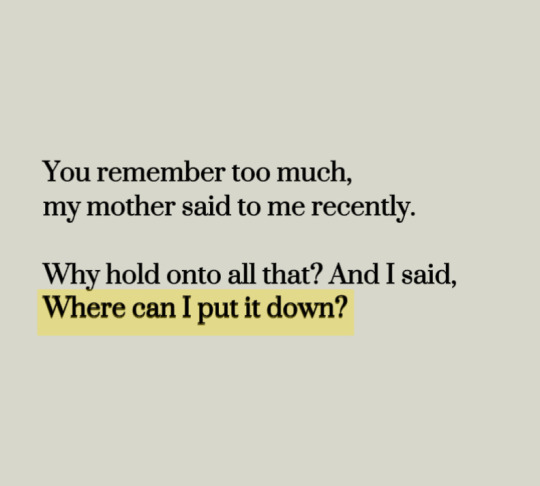


society of the snow (2023).
we've endured, now what?
the waves - virginia woolf | morning in the burned house - margaret atwood | tiny beautiful things - cheryl strayed | the glass essay - anne carson | vive, vive - traci brimhall
#la sociedad de la nieve#society of the snow#lsdln#web weaving#poetry#enzo vogrincic#agustin pardella#netflix#matias recalt#survival#endurance#god#religion#web weaves#web writing#poems and quotes#quotes#esteban kukuriczka#fito strauch#nando parrado#grief
244 notes
·
View notes
Text

Preface to Grief Lessons by Euripides, translated by Anne Carson.
#preface written by anne carson of course#anne carson#writing#grief#dealing with grief#grief poetry#web weaving#web writing#word weaving#euripides#anger#on grief#on grieving#on anger#quotes#quoteblr#dark academia#booklr#dark academic aesthetic#spilled ink#literature
133 notes
·
View notes
Text
I love odd concepts 🪷
- curator 🗝️

#poetry#poets on tumblr#wordsnquotes#writers and poets#albert camus#literature#fairly oddparents#prose#original poem#quotes#writers on tumblr#web weaving#oddcore#oddities#weirdcore#web writing#my writing#writeblr#writerscommunity#writing
67 notes
·
View notes
Text

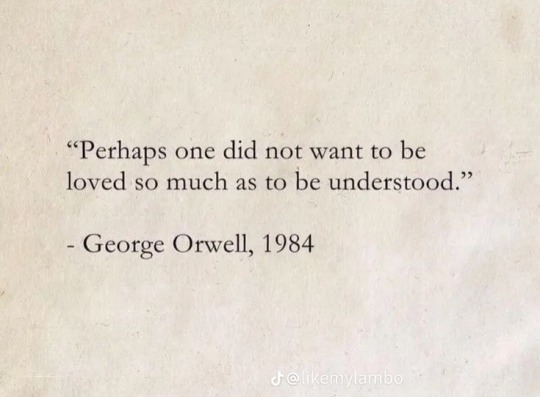


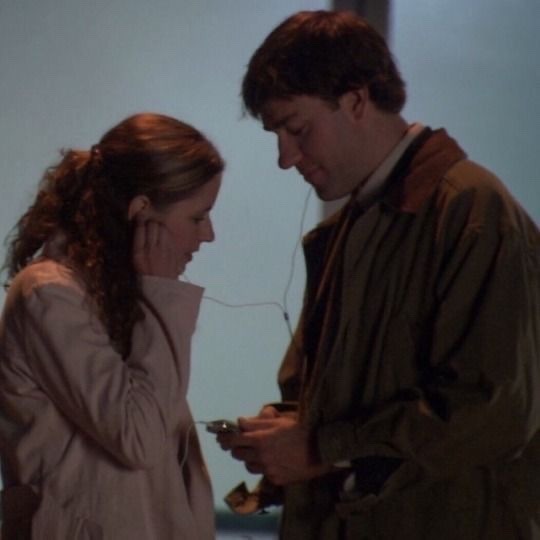




to be loved is to be understood
based off of a recent diary entry of mine
#poetry#mag.moods#poems and poetry#words words words#literature#female writers#love poem#poems on tumblr#writeblr#web weaving#webcore#corecore#tobeunderstood#web weave#web writing
28 notes
·
View notes
Text









I have 7 months left.
macrolit, Sarah Kay / Heathers, 1988 / If i stay, Gayle Forman/ Donnie Darko, 2001 / Margaux paul / the unsent project / Heathers, 1988 / White Oleander, Janet Fitch / unknown (tba)
#on 17#on seventeen#on friendship#on first love#on literature#literature#feminine urge#first love#girl blogger#girlhood#feminine rage#seventeen#liexpressway#girl interrupted#2007#i turn 17 this year#december birthday#december#girl interrupted syndrome#im just a girl#manic pixie dream girl#poetry#quotes#web weaving#web weave#web writing#on love#writers on tumblr#poets on tumblr#words
10 notes
·
View notes
Text

It's good to know where you stand with roommates, I guess.
#crustaceansingles#comic#webcomic#single panel#charlotte's web#web writing#spooky season#spider pal#spider friend
27 notes
·
View notes
Text

I don’t know if I am the only one, but I feel as though this semester is absolutely flying by. Due to a healthy mix of time management and stress, the mind is always occupied haha. Hope you're all doing well. As we get closer to the midway point, I ran into a few roadblocks when it came to data driven web writing! 🗣️
After close observation of the data collected from personal/business accounts, How do I ensure that my web writing aligns with Search Engine Optimization principles without sacrificing quality and clarity? Every post's goal is to receive engagement. Whether that be from algorithms or other accounts. I’m currently searching for this method but it seems to always change with each post.
Speaking of ever changing methods, Are there any emerging trends or technologies in data-driven web writing that we should be aware of? Obviously Ai is a tool that can make or break the process, but it’s still in its early stages.
Lastly, How can I effectively measure the impact of my web writing efforts and make data-driven adjustments accordingly? Understanding the impact of web writing efforts through effective measurement and data-driven adjustments is crucial for optimizing content strategies and achieving business goals online. It’s something that should be everyone’s long term goal.
Looking forward to hearing suggestions and/or critiques!
@npfannen
6 notes
·
View notes
Text
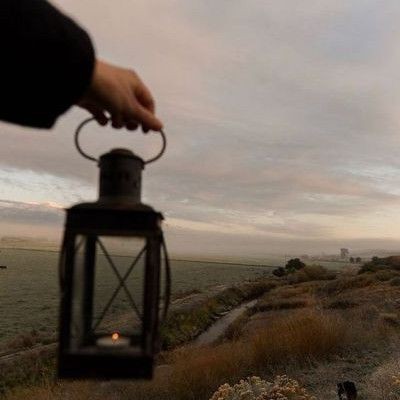

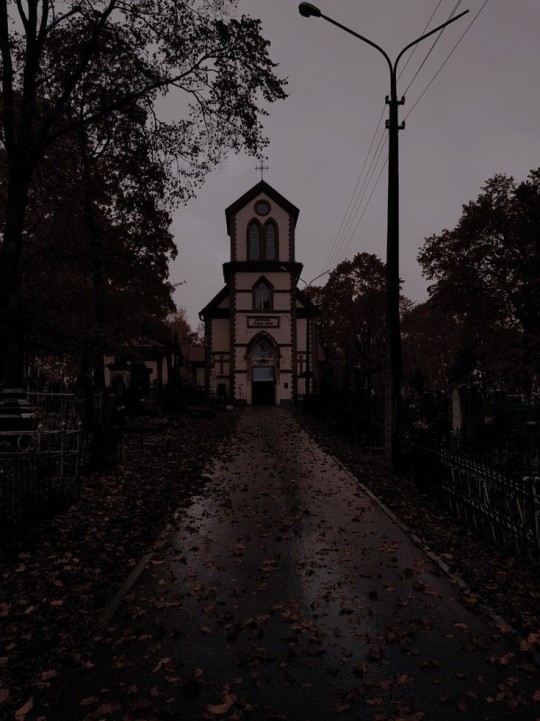

Nobody is convicted for their wickedness of inflicting terrorism over an innocent heart. Isn't breaking hearts one of the neatest crimes with scarcely any forensic evidence.
-tabish.j /what's left of the heart/
#solar eclipse#books & libraries#poems on tumblr#dark acadamia aesthetic#haiku poem#web weaving#web writing#aesthetic#spilled poetry#literature#aesthetic dark academia#dark acamedia#writers on tumblr#pastel#palestine
3 notes
·
View notes
Text
Pluralistic is three

Though I didn’t know it at the time, Jan 29, 2020 was my last day at Boing Boing; as it happens, that was nearly exactly 19 years after my first day at Boing Boing. Though it was a tough decision, it was the right one, and while I’m no longer helping to write the site, I’m still an ardent reader, a co-owner, and a well-wisher.
If you’d like an essay-formatted version of this post to read or share, here’s a link to it on pluralistic.net, my surveillance-free, ad-free, tracker-free blog:
https://pluralistic.net/2023/02/19/drei-drei-drei/#now-we-are-three
I started writing Boing Boing at the age of 30. When I stopped, I was 49. That’s a lot of living. Web-writing had come a long way since then, and so had the web, and the world — and so had I. While the way I blogged had evolved substantially over my years at Boing Boing, all those changes had been evolutionary — a series of incremental shifts.
After I left Boing Boing, I spent three weeks thinking about how — or whether — I would continue to write the web. In a world where platforms have interposed themselves between creative workers and their audiences, manically twiddling the knobs that determine whether the people who ask to hear from you ever get to, starting a new publication was a daunting proposition.
https://doctorow.medium.com/twiddler-1b5c9690cce6
It felt like my two choices were to pick one or a few platforms and devote my efforts to platform kremlinology, trying to figure out what words, subjects or formats would cause The Algorithm to block the people who’d subscribed to my feed from seeing it; or to start a standalone website, which no one would ever see, but which I would control.
Both of these are bad choices, so I chose neither — or, depending on how you look at it, both. POSSE stands for “Post Own Site, Share Everywhere,” and it’s an idea that comes out of the Indieweb movement. Under POSSE, you post your work to a site you control, but syndicate to all the platforms and silos, with a link back to the original:
https://indieweb.org/POSSE
Though the platforms might punish you for this — think of Instagram and Facebook hiding posts with links to the public web, or Twitter’s short-lived policy of suspending the accounts of users whose bios included their Mastodon address — any attention that did slip past their stingy, tight-pinched sphincters would at least have a chance of connecting users directly to your own site and its feeds.
Three weeks after I quit Boing Boing, I launched Pluralistic, my POSSE project, which sees me publishing one or more essays, five or more days per week, homed on my own non-surveilling, non-tracking, ad-free Wordpress site, a fulltext RSS feed, and a plaintext newsletter, and mirrored to Tumblr, Mastodon, Twitter and Medium:
https://pluralistic.net/
Today, Pluralistic is three years old. Even with the global pandemic that followed shortly on its founding, I still find myself marvelling at how quickly the time has flown by — and, thinking back over the past three years, I’m also profoundly satisfied with how it has shaped up.
Even though Pluralistic isn’t a group blog — a Metafilter wag commented on the irony of calling a solo project “pluralistic” and they weren’t wrong! — I couldn’t have done this without help. First, and most importantly, I must thank the incredible Ken Snider, who has hosted my servers for decades, and who is one of the most thoughtful, diligent, and skilled network administrators I’ve ever had the privilege of knowing. I can’t thank Ken enough — without his help, I’d be hamstrung.
Early in Pluralistic’s history, the pioneering cryptographer Loren Kohnfelder noticed that I was making the formatting errors characteristic of someone who is trying to do a lot of fiddly work manually. Loren wrote to me out of the blue and volunteered to write some python scripts to make my production more streamlined and — crucially — less error-prone. If you are interested in the minutiae of how these scripts work, here’s a process post I published in 2021, on the 20th anniversary of my first blog post:
https://pluralistic.net/2021/01/13/two-decades/#hfbd
Even Loren’s excellent automation tools can’t fix my own errors. I am a bottomless font of typos and other PEBCAK-type errors, and many readers write to point these out, but none are so diligent, regular and thoughtful as Gregory Charlin, who has helped me fix more typos in my work than anyone except my mother, who is the world’s greatest proofreader (Gregory is a close second).
Pluralistic has a (far too) irregular podcast component. I started podcasting in 2005, when Mark Pesce, John Perry Barlow and I got on the subject at a speaker’s dinner at a conference in Montreal and Mark demanded to know why I wasn’t doing one. I blamed it on my travel schedule, saying that I wouldn’t be able to sit down in a quiet room with a good mic on a regular basis. Mark insisted that I was being too precious and that I could just record with my laptop mic from wherever I happened to be — a hotel room, a taxi-cab, whatever. The result was a lot of fun, but very rough:
https://archive.org/details/Cory_Doctorow_Podcast_01
In 2009, I was at a club in London when a guy came up to me and introduced himself. That was John Taylor Williams, a sound engineer in DC who loved my work and hated the sound quality of my podcast. He graciously volunteered to master it for me and while he promised that he wouldn’t insist that I upgrade my recording situation, he did offer multiple useful suggestions. He’s still mastering today (and is the engineer on all my audiobook projects) and under his patient tutelage, I’ve bought some decent gear and learned how to use it — and my podcast sounds great today. Thank you, John!
https://craphound.com/podcast/
A year ago, when Pluralistic turned two, I reflected on the way the site had changed over the 550 posts I’d published thus far (today, it’s 767), focusing on the fact that I have no metrics for any of the channels I manage — not even a humble page-counter:
https://pluralistic.net/2022/02/19/now-we-are-two/#two-much-posse
Rather than using analytics and usage statistics to guide my work on Pluralistic, I focus solely on qualitative elements — feedback from readers (and critics). Mostly, that’s feedback on substance. I call my blogging process “The Memex Method” — a way of iteratively improving my own ideas by presenting them to other people, rather than working through, say, a private commonplace book:
https://doctorow.medium.com/the-memex-method-238c71f2fb46
I’m generally less interested in people who want me to write about something other than the things I’m interested in. From the start, the beauty of being an independent web-writer is being freed from the tyranny of trying to identify and please an audience, and instead using my work to attract the audience that shares my interests (even if they disagree with my views):
https://doctorow.medium.com/so-youve-decided-to-unfollow-me-7452c96b4772
One kind of non-substantive disagreement/suggestion I do pay attention to is readability suggestions; the point of Pluralistic is to discover and engage people who share my interests. Over the past year, reader feedback has led to improvements in my headline style and other formatting elements.
However, there are elements of the Pluralistic project that are more important than readability. For example, many Mastodon readers have asked why I don’t switch to a server with a 5,000 character limit. The answer is that the server I use, mamot.fr, is run by the digital rights group La Quadrature Du Net, an organization with a long history of standing up to censorship demands. Censorship-resistance is simply more important than character limits. Ken is working on standing up a new Masto server for my use, but it turns out to require some new hardware, and that process takes a while, especially if you care about getting the hardware right.
Another example: I post bare links in all my syndicated posts, rather than using anchor text. One reader wrote to ask if I could stop to make things easier for the text-to-speech tool he uses to listen to my posts while on the move.
I had to disappoint him: the bare links are there for a reason. In an age where platforms routinely rewrite links so that they pass through an analytics filter, it’s possible to select a bare link, copy it, and paste it into your location bar, bypassing surveillance.
The reader suggested that bare links would pose a problem to visually disabled users, who would have to endure listening to URLs, but I’ve never heard this from a visually disabled person directly, and the one blind friend I asked about it said that he had become so accustomed to skipping over URLs and other machine-readable passages that he didn’t even notice them.
One place where I pay a lot of attention to accessibility is in the alt text for my images. I am not a visual person by nature, and I don’t have a subscription to any of the stock art sites (and most stock images are incredibly bland). Instead, I make weird, phantasmagoric, often barely competent (but enormously satisfying) collages out of public domain and Creative Commons materials:
https://doctorow.medium.com/a-year-in-illustration-ba89d31f5d68
These are often so abstract as to be barely comprehensible (as befits someone working on the weird and abstract issues that are my life’s work) and adding alt text doesn’t just make these more accessible, it also helps me spot areas where I could be clearer.
Three years is an eyeblink — and it’s an eternity. In the three years since I started publishing my work on Pluralistic, under a Creative Commons Attribution-only license, I’ve moved into much longer-form, considered, synthetic pieces, a process that has only accelerated over the past year. Magazines and other commercial publishers have begun to syndicate these pieces, sometimes picking them up for free under the CC license, sometimes paying me to edit or adapt them for their pages. Both are fine with me. I’ve got a lot on my plate — seven books in production! — and I am happy to have my work syndicated for free if it means I don’t have to do more work.
Like Woody Guthrie once said:
This song is Copyrighted in U.S., under Seal of Copyright #154085, for a period of 28 years, and anybody caught singin it without our permission, will be mighty good friends of ourn, cause we don’t give a dern. Publish it. Write it. Sing it. Swing to it. Yodel it. We wrote it, that’s all we wanted to do.
[Image ID: William Blake's watercolor of Cerebrus, the three-headed hell-hound.]
23 notes
·
View notes
Note
Is both Part 1 and Part 2 due today? I have completed only Part 1. Thank you!
Only part 1 is due Sunday Feb 11th. Part 2 is due next week!
3 notes
·
View notes
Text
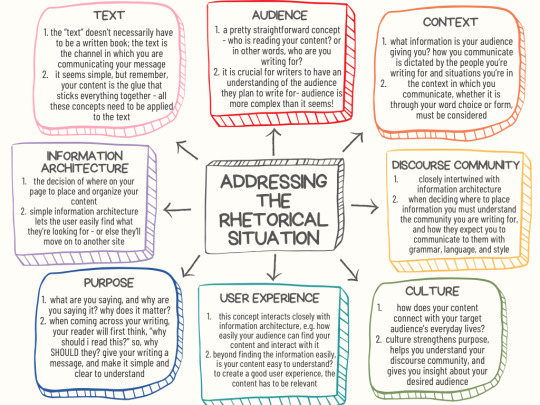
it’s a little wordy, but i thought i visually organized a large chunk content pretty decently! i wanted to do a “mind map” or a design that somehow connects to a central idea, because from my perspective, every key concept we’ve been learning about HAS to be utilized to truly address the “rhetorical situation.” i tried to keep my tone conversational as i was writing so the text boxes were easier to digest - which is also why i split the text into bullet points.
4 notes
·
View notes
Text
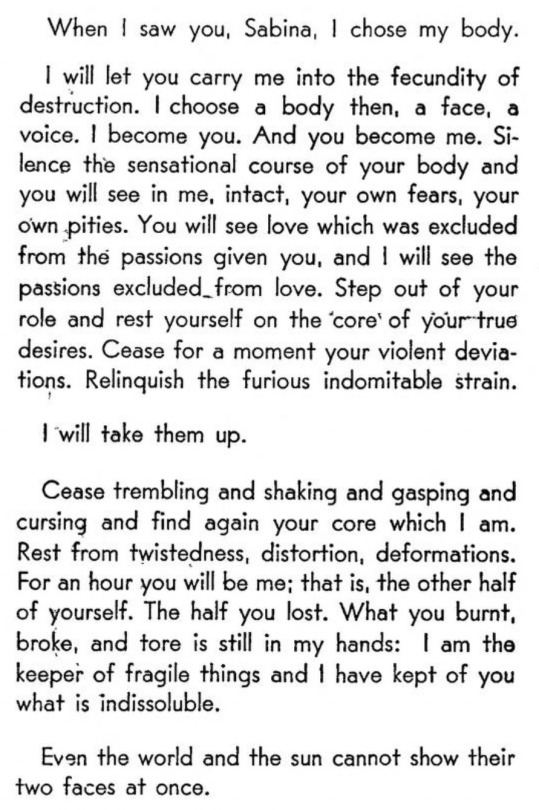
House of Incest by Anaïs Nin, 1936.
#anaïs nin#anais nin#classic literature#literature#writers on tumblr#booklr#bookblr#house of incest#writing#surrealism#web weaving#web writing#word weaving#quoteblr#quotes#dark academic aesthetic#dark academia#light academia#symbolism#surreal#surrealist#surrealist poetry#prose#obsession#obsessive love#obslove#poetry
2 notes
·
View notes
Text
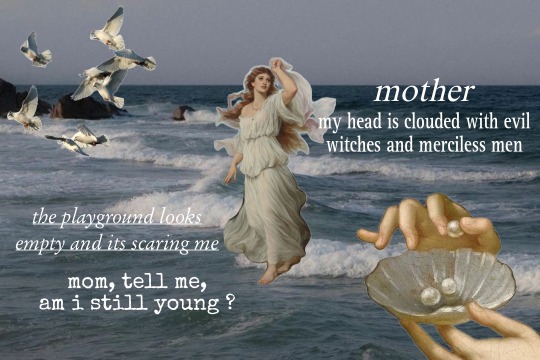
-curator 🗝️
#art#my post#poetry#original poem#poets on tumblr#wordsnquotes#writers and poets#albert camus#prose#quotes#literature#web weaving#web writing#my writing#writing#writeblr#writers on tumblr#writerscommunity#poem#girlhood
38 notes
·
View notes
Text
"But I do not want to be."
"And yet, you are."
#literature#poetry#fragments#i will find happiness#fragments of my mind#writing#i want to be beautiful#writers and poets#web weaving#web writing#web warriors#is it fair to live when i did not want to in the first place?
2 notes
·
View notes
Text
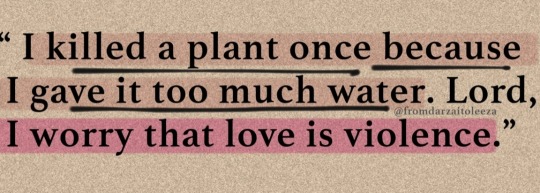

{Words by José Olivarez from Citizen Illegal /@fatimaamerbilal , from even flesh eaters don't want me.}
#web weaving#love#quotes#literature#words#dark acadamia aesthetic#dark acadamia quotes#classic literature#poem#poetry#prose#spilled thoughts#spilled ink#writing#light academia#lit#english literature#book quotes#quote#academia#typography#aesthetic#books#bookworm#books and libraries#literature quotes#dark academia#chaotic academia#poems on tumblr#dead poets society
54K notes
·
View notes
Text

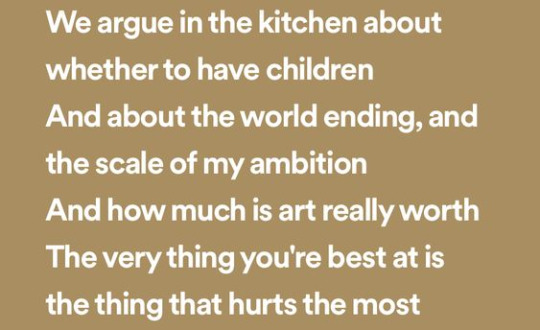



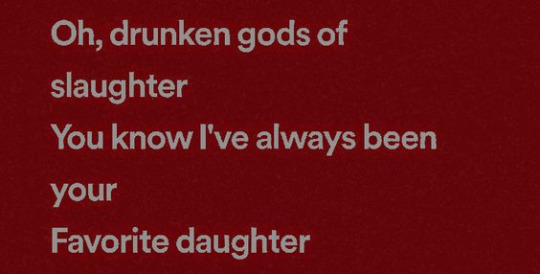

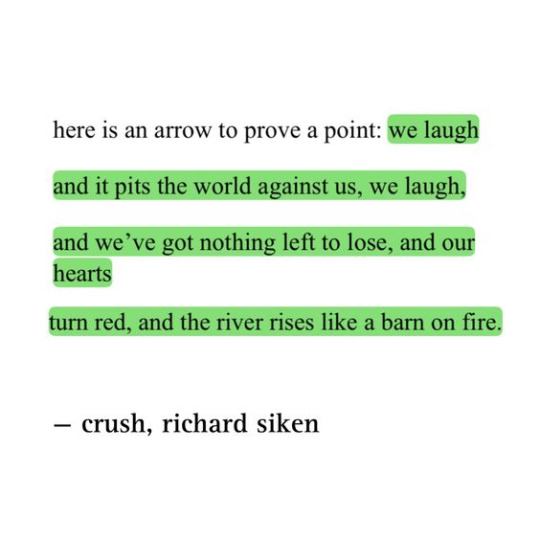

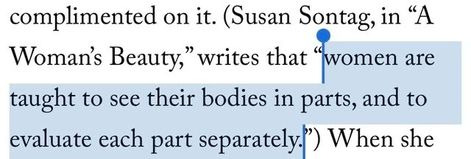

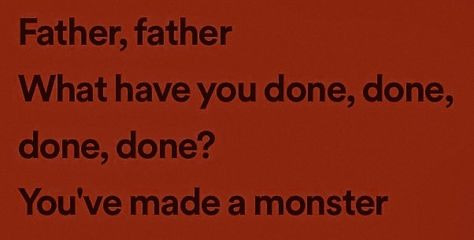

a girl of fear, a woman of anger— look how we've grown
girls contain multitudes, heather o'neill / king, florence + the machine / The Affront (L'affronto), by Antonio Piatti / In the Dream House, Carmen Maria Machado / this pin / cassandra, florence + the machine / What If This Were Enough?: Essays by Heather Havrilesky) / crush, richard siken / the closest thing i could find was this soundcloud link / a womans beauty, susan sontag / a vision of fiammetta, dante gabriel rossetti / stop me, natalia kills / fury, yevgeny yevtushenko
everyone say god bless you to @pe4rl-diver for the sources
#and they ask why we need feminism#feminism#gender inequality#poetry#quotes#spilled ink#poems and quotes#spilled poetry#words#webweaving#webweave#aesthetic#poems and poetry#writing#poem#spilled thoughts#web weaving#*mine: graphics
12K notes
·
View notes